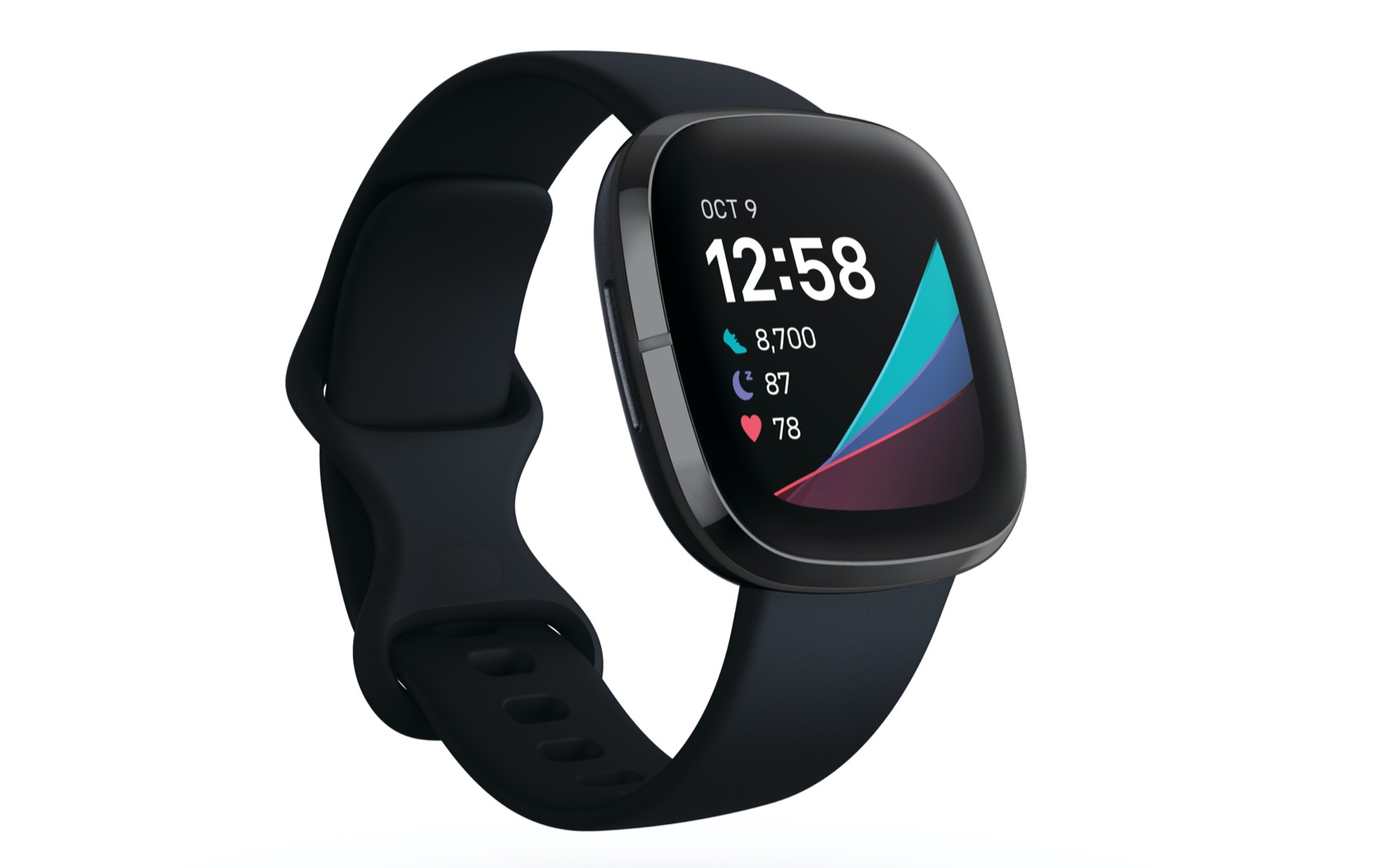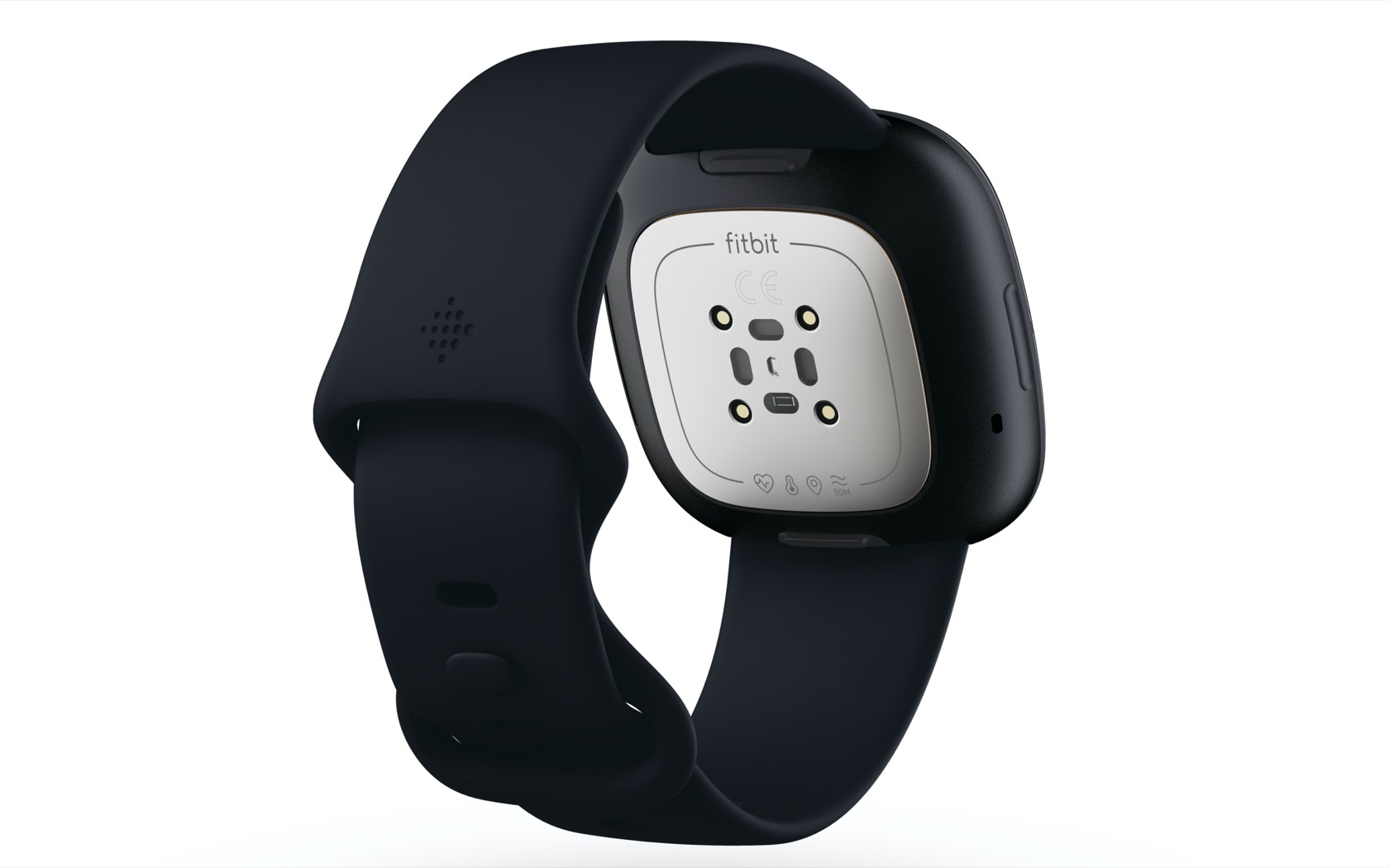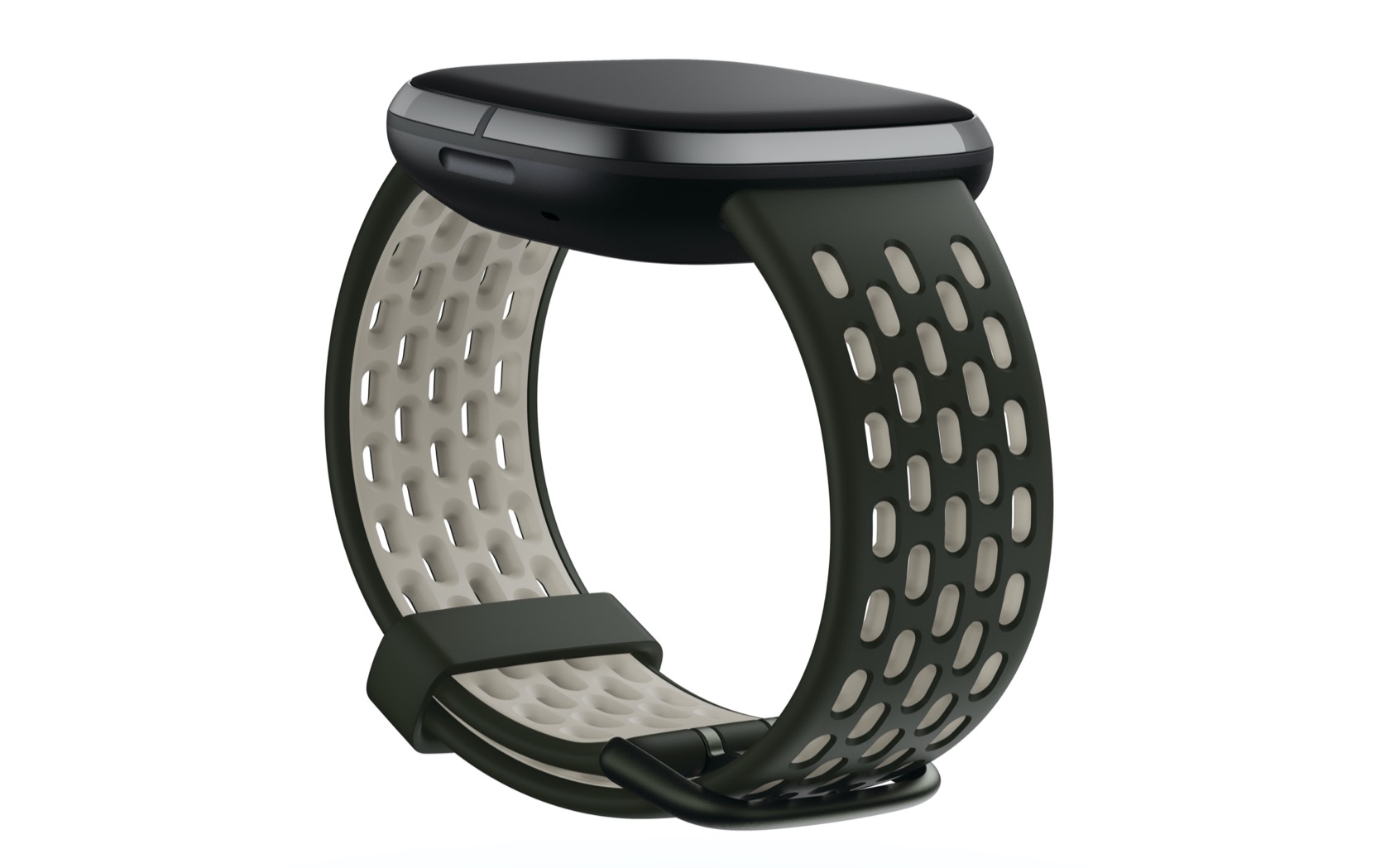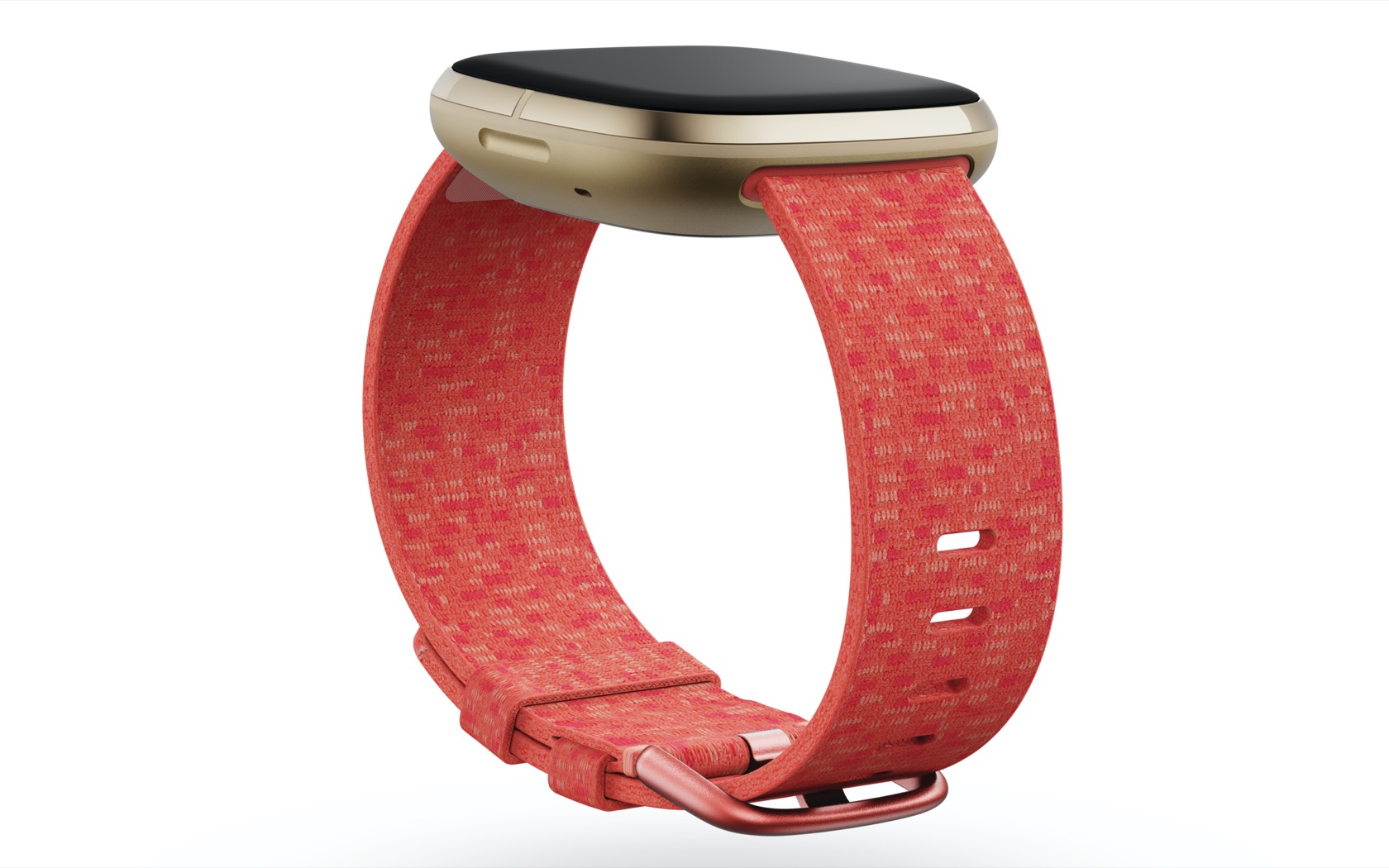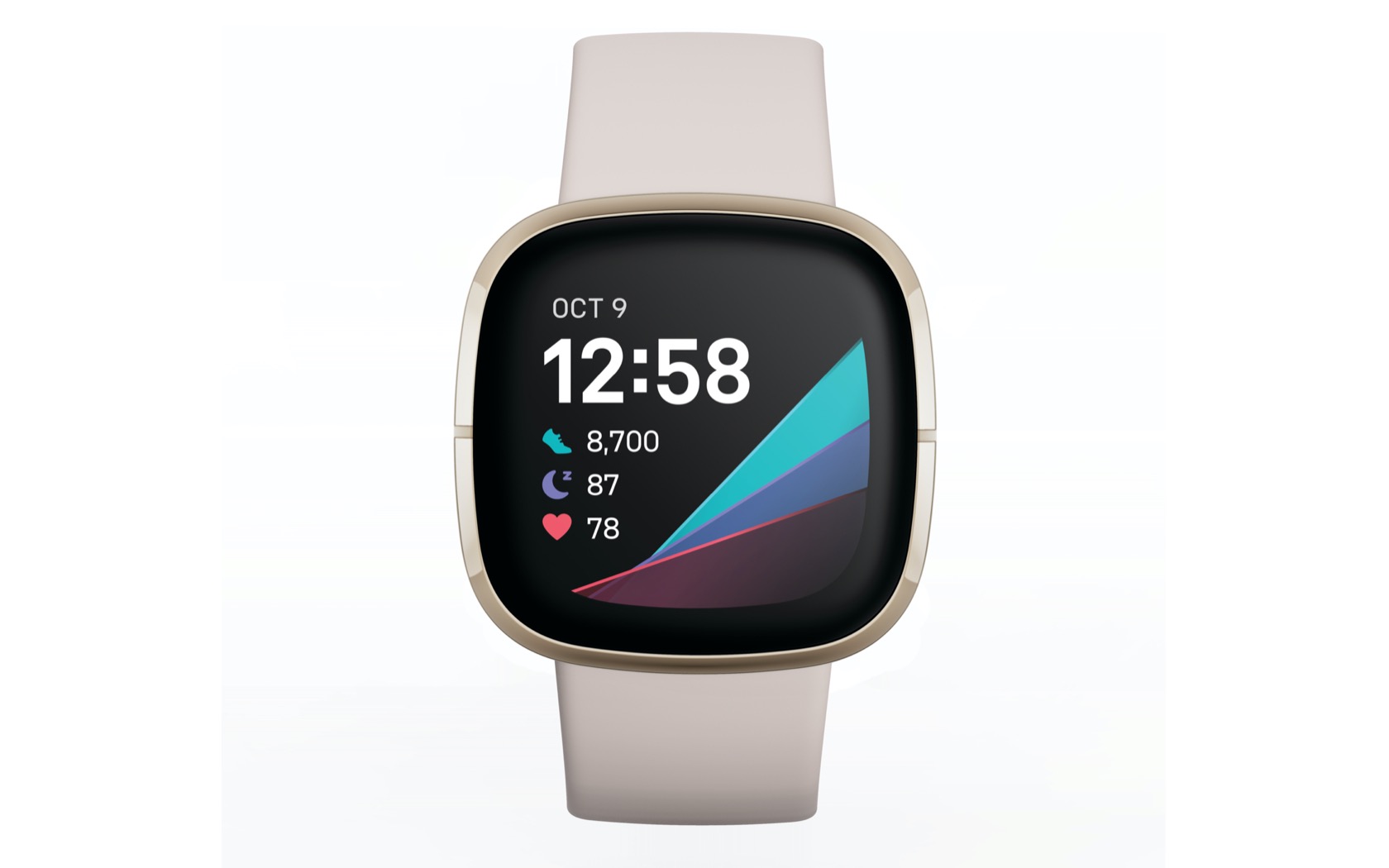Fitbit Sense Packs ECG And Stress Sensors In Sleek Smartwatch
There's a new smartwatch in town, and the Fitbit Sense is aiming to coax the Apple Watch off your wrist so that a new, stress-monitoring alternative can take its place. Sharing Fitbit's new style language with the Fitbit Versa 3 – also being freshly announced today – the new Sense packs an EDA sensor with which the company says it can track the body's stress response, along with ECG, SpO2, and skin temperature sensors.
The EDA – or electrodermal activity – sensor basically tracks the electrical changes in the sweat level of your skin. To take a reading, you place your palm over the watch and wait a moment. Fitbit then asks you to rate your current mood, so that it can link the two readings.

The results can help better understand the body's reaction to different stressors, Fitbit says, and they also work with the guided mindfulness sessions available in the Fitbit app. At the end of those meditation or relaxation sessions, you then get an EDA response graph – on both the watch and in the app – to show how well it all worked.
Fitbit calculates a Stress Management Score out of 100, which takes into account not only the EDA sensor's results but heart rate, sleep, and activity level data. A new tile in the app focuses on stress specifically. Higher scores are better; lower scores are a sign for concern; and Fitbit Premium subscribers get a breakdown of the 10+ biometric inputs that made up the score, such as exertion balance, responsiveness, and sleep quality.
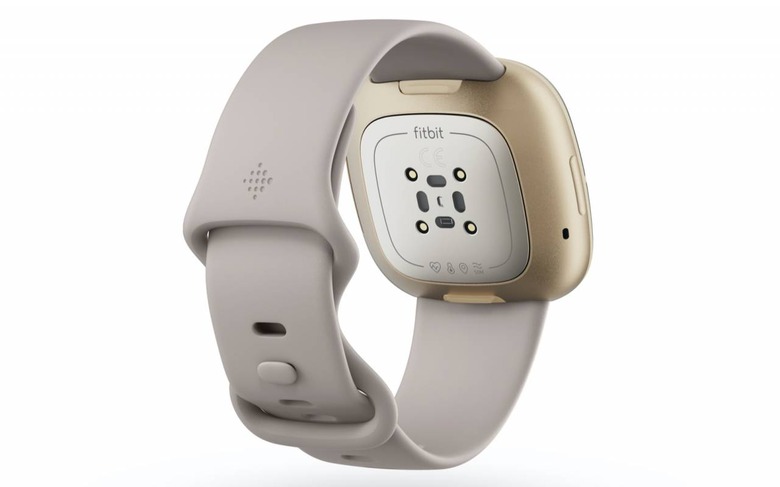
Premium subscribers also get 100+ meditation sessions – including content from brands like Aaptiv, Aura, Breethe, and Ten Percent Happier – and relaxing sounds. Non-subscribers can still set weekly mindfulness goals and reminders, along with logging their moods and meditation settings.
Working alongside the EDA sensor is a 24/7 heart rate monitor, now using PurePulse 2.0 on the Fitbit Sense. It promises to learn your usual heart rates, and then warn you if they're too slow – a possible sign of bradycardia – or too fast – possible tachycardia – during the course of the day. An ECG sensor, for the first time, can track signs of atrial fibrillation (AFib) as you've been able to do on Apple Watch for some time now.
Assuming Fitbit gets FDA approval (in the US) to enable it, you'll be able to touch the Sense's stainless steel border ring and, after 30 seconds, get a heart rhythm read-out which can also be shared as an export for your doctor. That, along with skin temperature changes – which can indicate the onset of illness, fever, or a new menstrual phase – is logged in the Fitbit app. Premium subscribers get a new Health Metrics dashboard, which shows things like average breaths per minute, resting heart rate and heart rate variability, and skin temperature variation. It also flags changes over time.
SpO2 blood oxygen tracking is included too, and Premium subscribers will have that data included in their trends. Of course there's sleep tracking as well, along with onboard GPS for tracking exercise sessions. You can see color-coded maps of your progress in the Fitbit app, showing where you exerted yourself more.
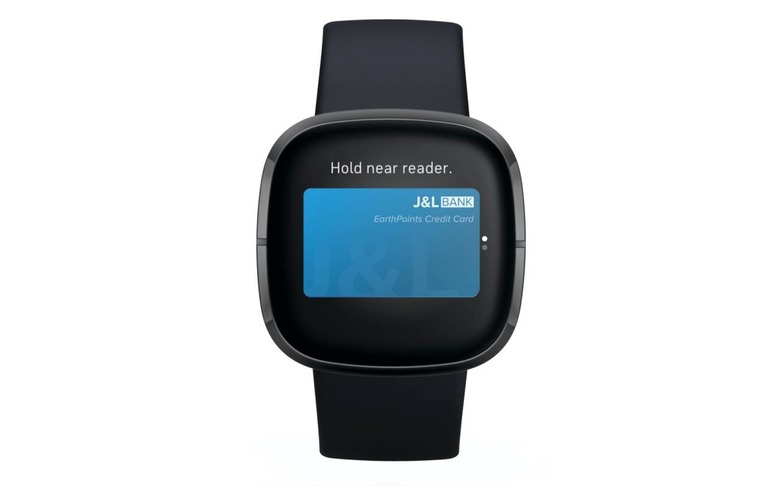
A built-in speaker and microphone have been added, for hands-free voice calls, and responding to messages (if you have an Android device), and there's Amazon Alexa and Google Assistant integration too. Fitbit Pay is onboard for contactless payments, and there's the usual third-party apps and watch faces on offer. Battery life, Fitbit says, is 6+ days, and Sense uses the same charger as Fitbit Versa 3 to make things easier.
The AMOLED display has an ambient light sensor, and there's a faster processor onboard, all wrapped up in a glass and metal body that's water resistant up to 50 meters. A new watch strap mechanism – also shared with the Versa 3 – has been used, and Fitbit will have a verity of bands plus special Pendleton woven bands and Victor Glemaud sustainable knit bands.
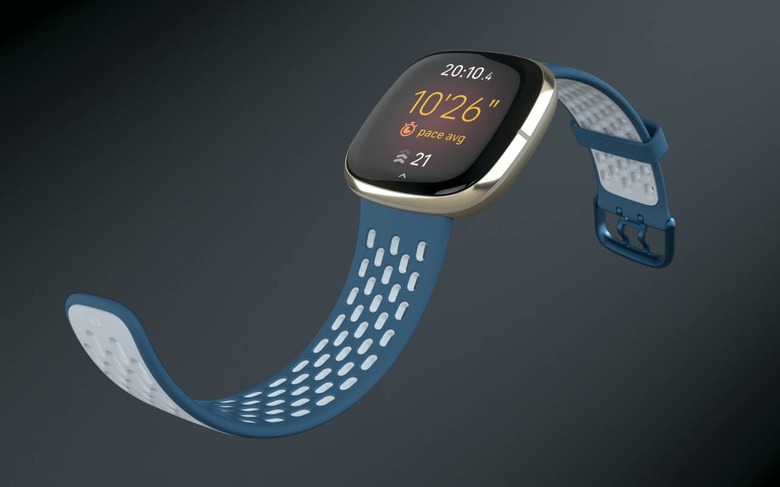
Fitbit Sense goes up for preorder today, priced at $329.95, in either carbon/graphite stainless steel or lunar white/soft gold stainless steel. They'll start shipping in late September 2020. Bands start from $24.95 for Fitbit's range, meanwhile, or $39.95 for the designer straps. Fitbit Premium is $9.99 per month or $79.99 per year, with a six month trial included for new Sense buyers; Fitbit Premium + Health Coaching is also being offered in the US now, at $54.99 per month, with access to a dedicated health professional for training, food, wellness, and other advice.

